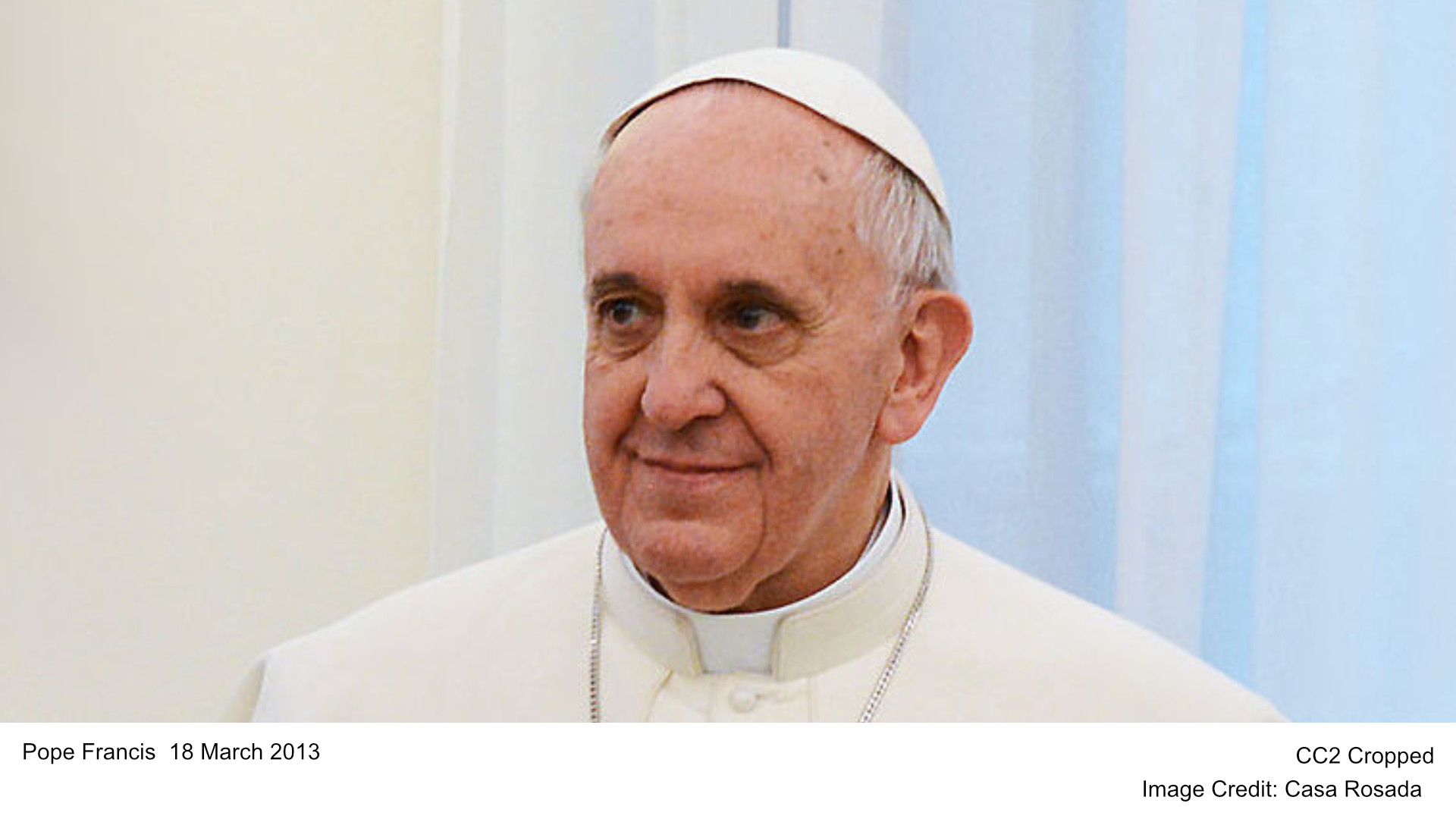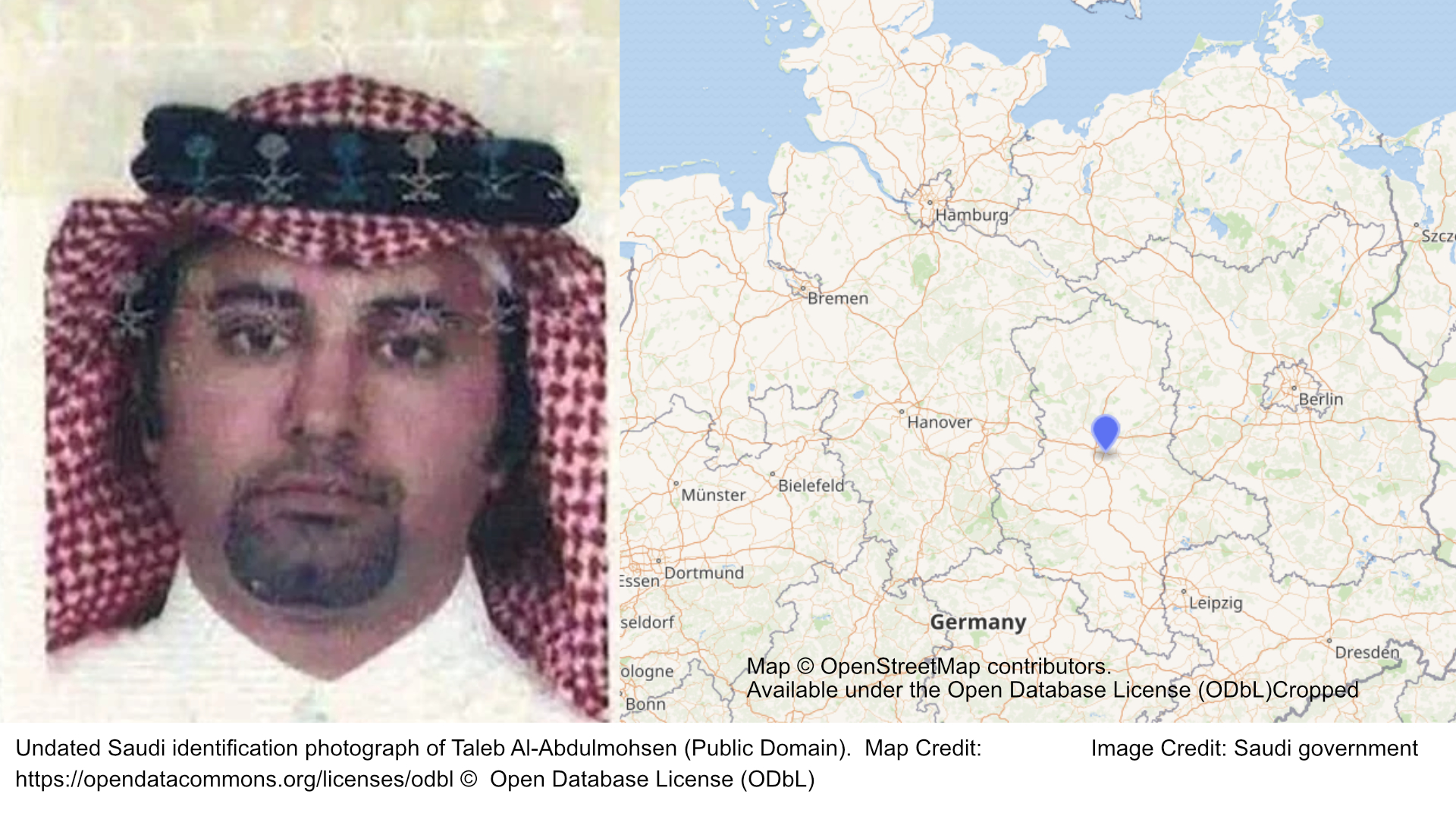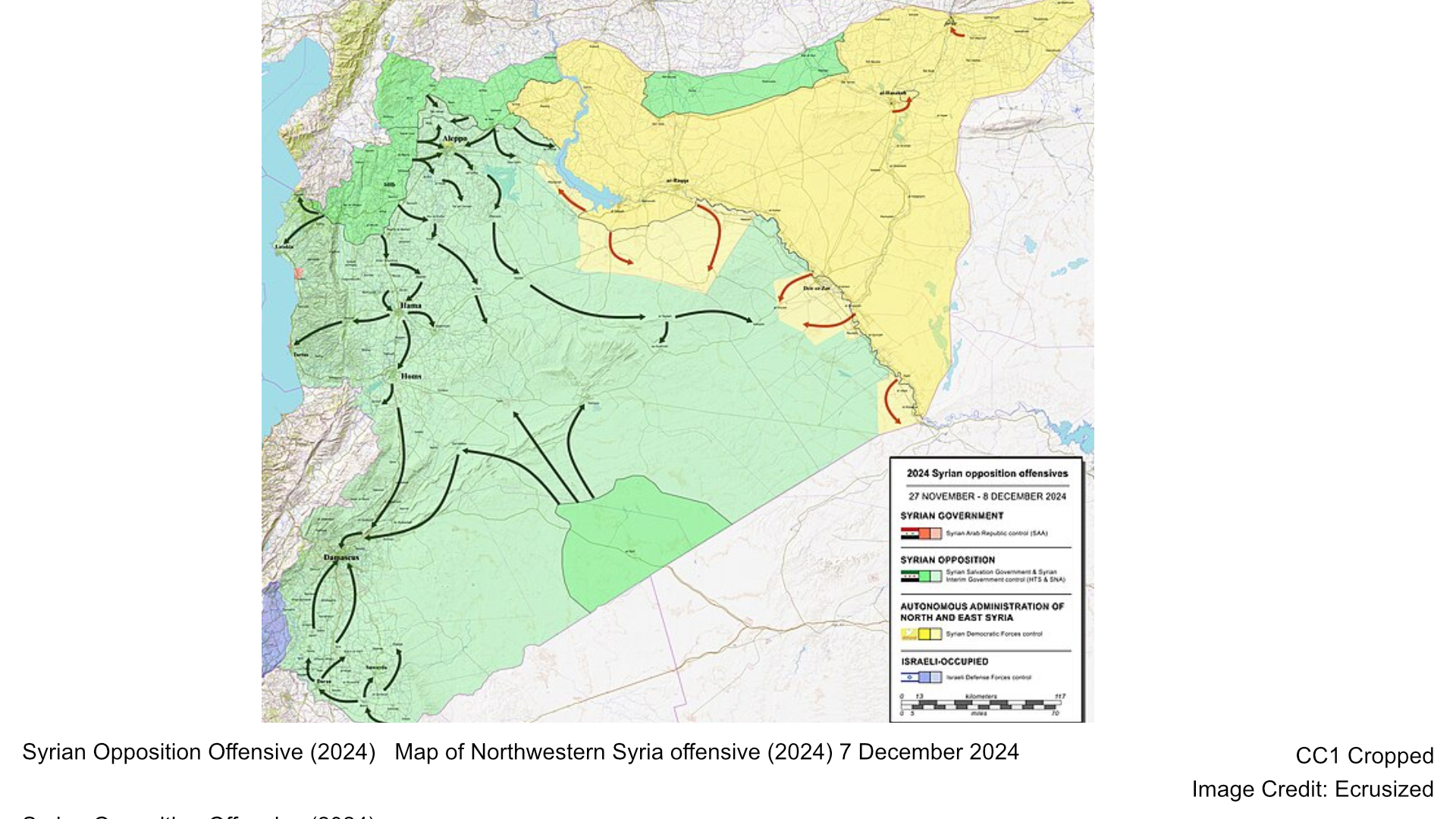Former President Barack Obama has made an urgent appeal to Black voters, particularly Black men, encouraging them to support Vice President Kamala Harris in the upcoming presidential election. Speaking at a campaign office in Pittsburgh, Obama stressed the importance of Black voter participation in shaping the nation’s democratic future and voiced support for Harris, the Democratic nominee.
Obama acknowledged concerns about voter reluctance to elect a woman as president, hinting at potential underlying biases that could affect Harris’s chances. He urged Black men to overcome such reservations and recognize the pivotal role they play in political change, while also praising the consistent support that women have provided in past political movements.
This outreach effort is part of the Democratic strategy to secure a key voting demographic—Black voters—who have historically played a significant role in deciding elections. Harris, who would be the first Black and female president, is focusing on these voters through events in battleground states, aiming to counteract attempts by Republican candidate Donald Trump to appeal to the same demographic.
However, polling suggests that voter enthusiasm among Black voters, especially younger Black men, has dipped slightly compared to previous elections. Obama’s remarks are part of a broader effort to boost turnout, recalling the mobilization of Black voters that contributed to his own election victories in 2008 and 2012.
Despite challenges, the Democratic campaign remains focused on increasing voter engagement, with Obama’s appeal emphasizing the broader values of representation, unity, and participation. His message underlines the importance of every community having a say in the country’s future, while also addressing existing hesitations within the electorate.
At the same time, former President Trump continues to pursue Black voters by highlighting economic achievements during his presidency, a strategy aimed at winning over those who feel disillusioned with current Democratic leadership. With both parties aggressively courting the Black vote, the 2024 election is shaping up to be a test of how effectively each side can address the needs and concerns of this critical voting bloc.





